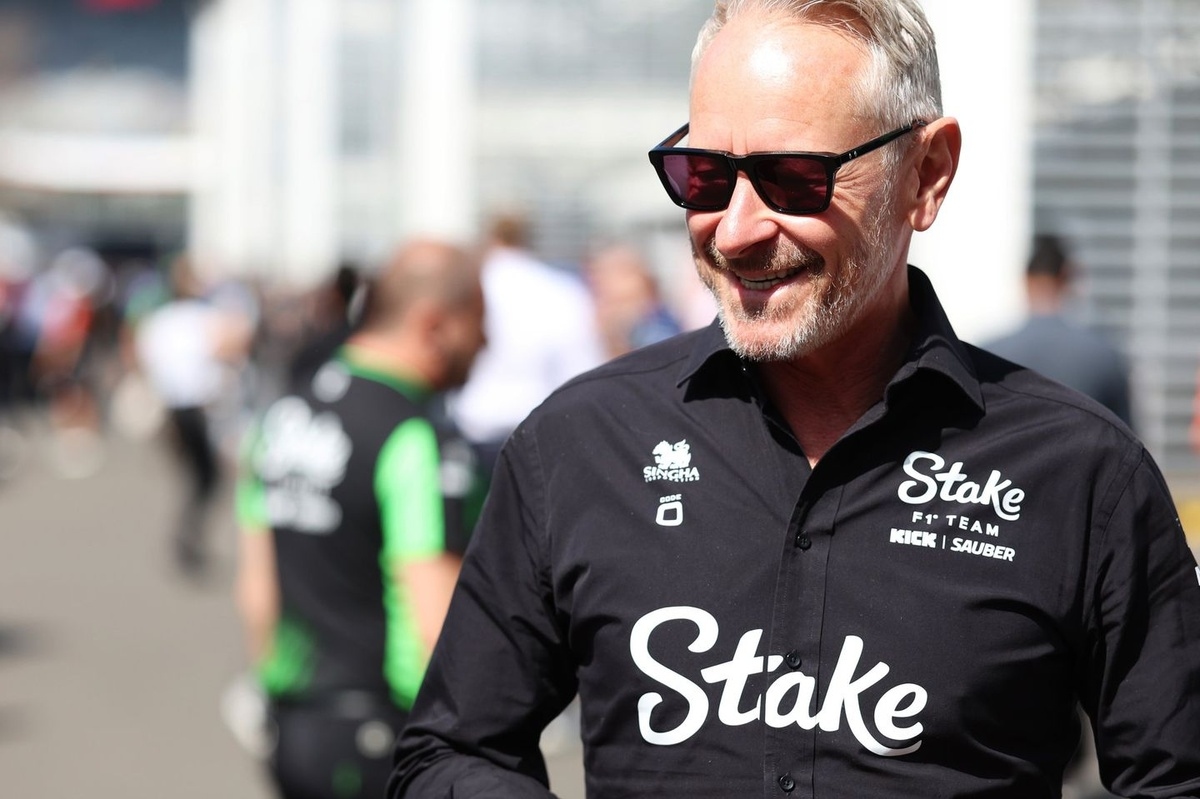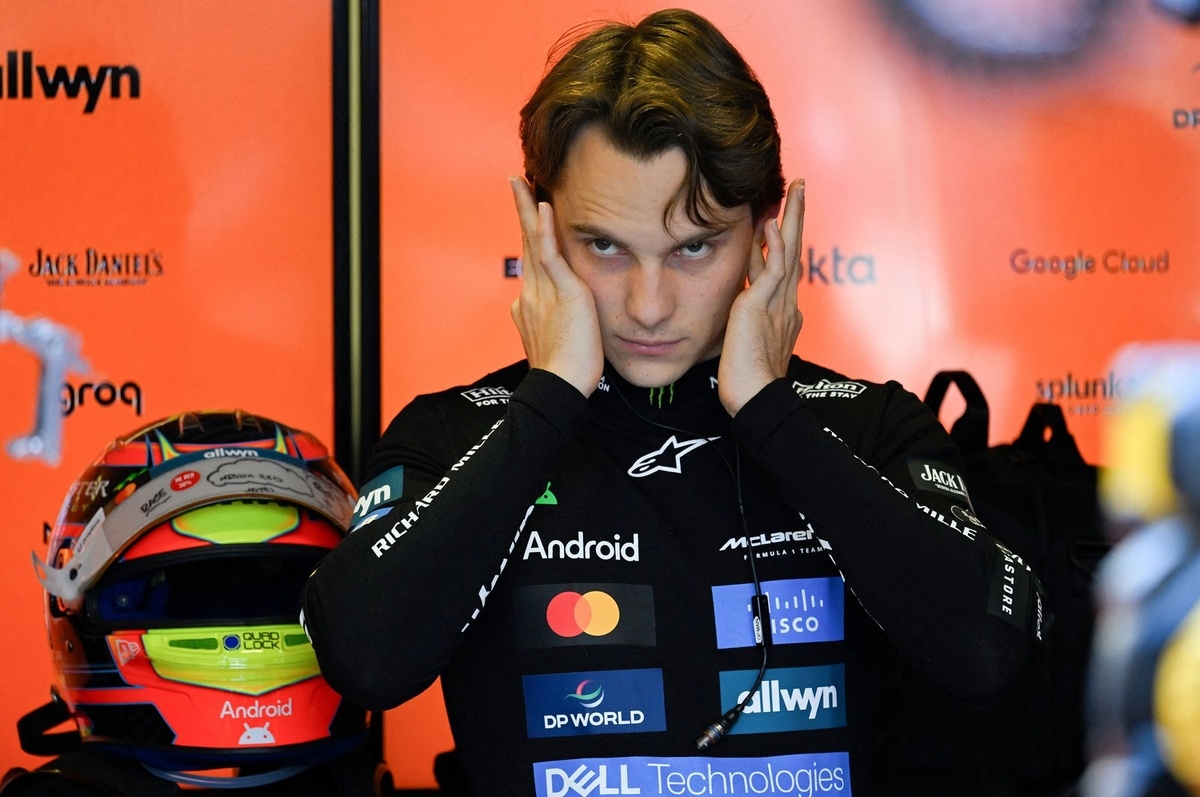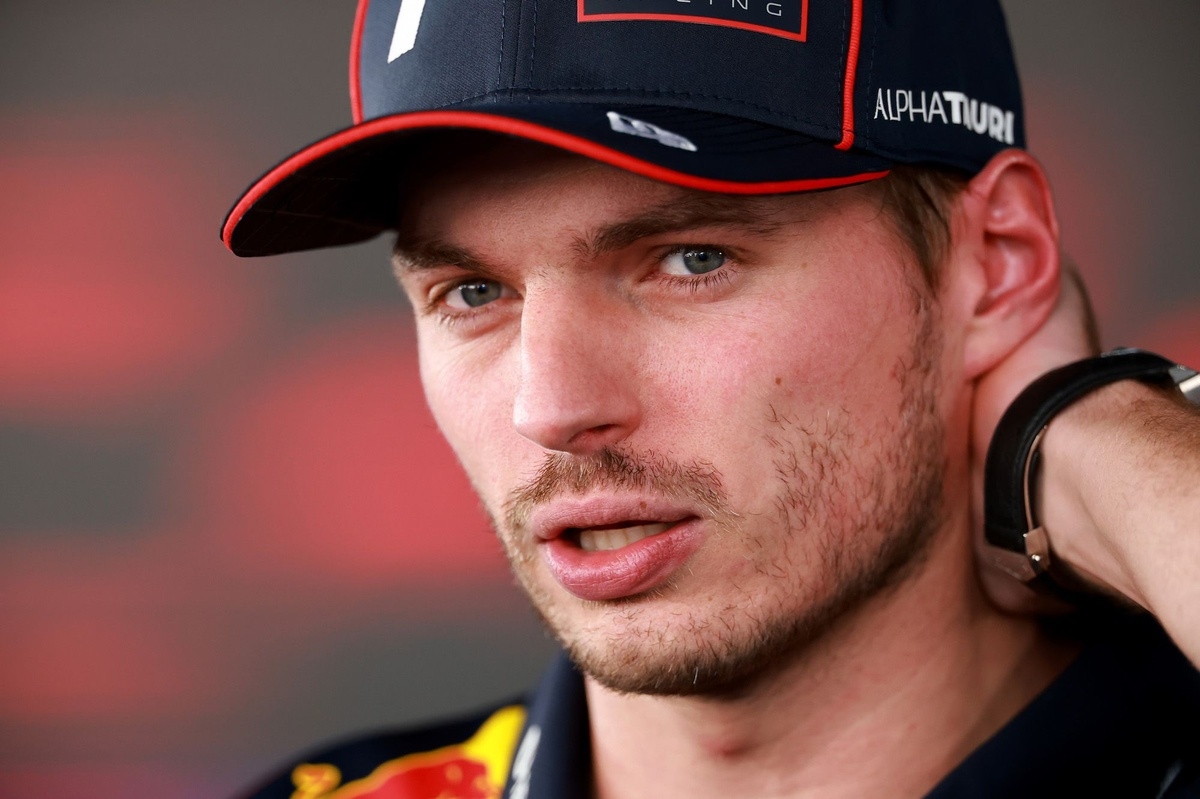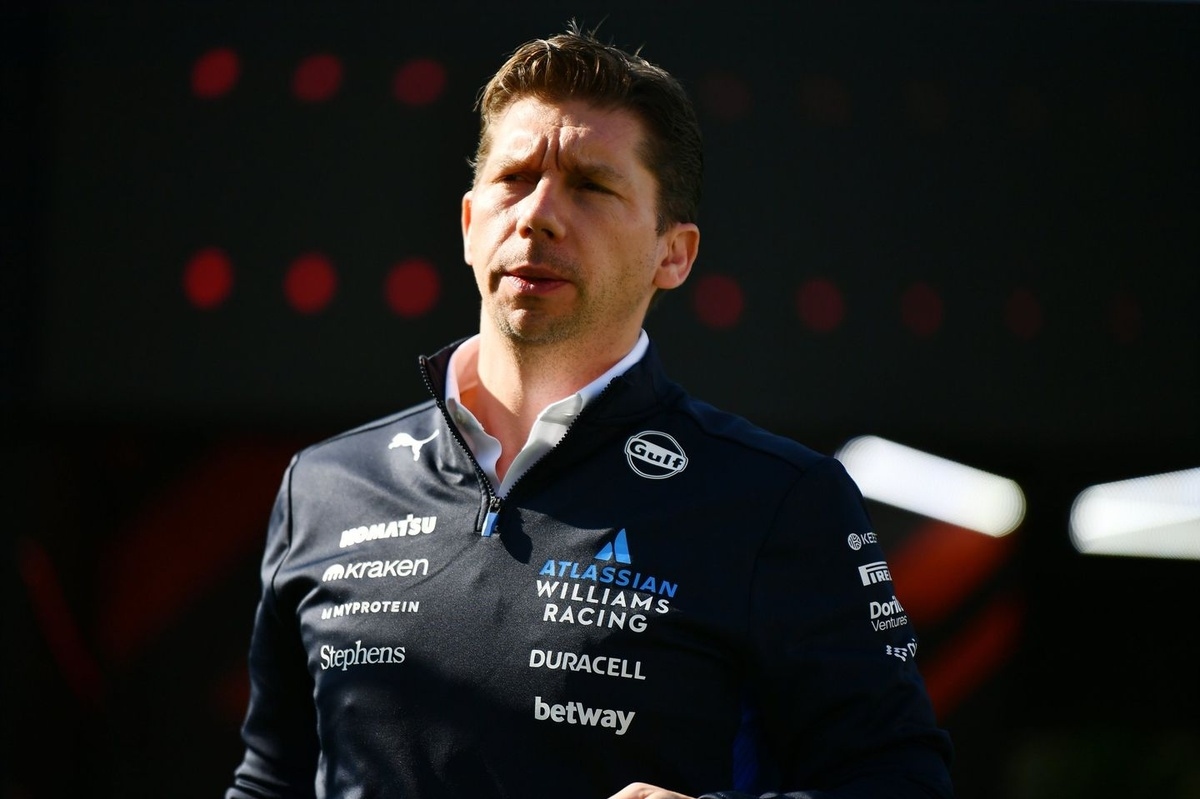Porsche's U-turn: He gave up

Porsche has stood out with its decision to refocus on internal combustion engines at a time when the luxury automotive industry is rapidly shifting to an electric future. New CEO Michael Leiters will take office in January and will oversee the company's drive to regain profitability amid challenging economic conditions.
Leiters has previously stated that battery-powered engine technologies "do not yet offer an emotional driving experience" and that "the technology is not fully mature." However, he is no stranger to Porsche; he worked at the brand in his early career and later served as head of technology at Ferrari.
PORSCHE'S DIFFICULT PERIODPorsche, part of the Volkswagen Group, has long stood out as one of the group's most profitable brands. However, declining demand, particularly in the Chinese market, and significant write-downs have recently negatively impacted the company. Porsche shares have declined significantly since their mid-2023 peak.
Having invested billions of euros in electric vehicles, the company has seen sales figures fall short of expectations. Electric models will only account for 12.7 percent of Porsche sales in 2024. This has forced the brand to make costly changes, including the suspension of its new electric SUV project and a €1.8 billion write-down.
A challenging period awaits the new CEOMichael Leiters has a significant task ahead of him. Increasing sales volume while maintaining Porsche's brand prestige will be one of the company's primary goals. It remains to be seen how Porsche will balance its performance against rival brands like Ferrari, which maintain their prestige through limited production strategies.
Additionally, software delays and technical issues with electric vehicles will also be a top priority for the new CEO. The company's management aims to further raise quality standards by seamlessly implementing new technologies in the 2026–2027 period.
SÖZCÜ





